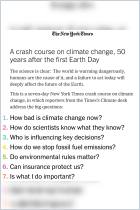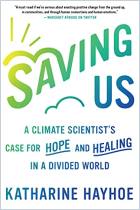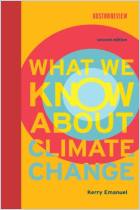
Article
How to cope with climate anxiety
It’s normal to feel troubled by the climate crisis. These practices can help keep your response manageable and constructive
Psyche,
2024
Recommendation
As floods, hurricanes, heat waves, droughts, forest fires and other natural disasters become more frequent and intense, humans can no longer afford to deny climate change. Yet rising climate anxiety creates a sense of powerlessness to effect change. Lucia Tecuta, a cognitive behavioral therapist, teaches emotional resilience in the face of climate change to help you avoid a paralyzing spiral of doom and gloom.
Summary
About the Author
Cognitive behavioral therapist and clinical psychologist Lucia Tecuta is an assistant professor at the University of Bologna.
Learners who read this summary also read
Article
Book
Article
Book





















Comment on this summary or Comenzar discusión